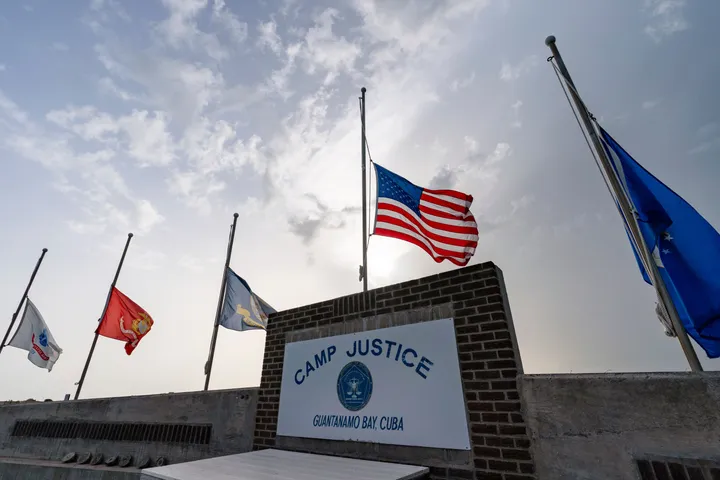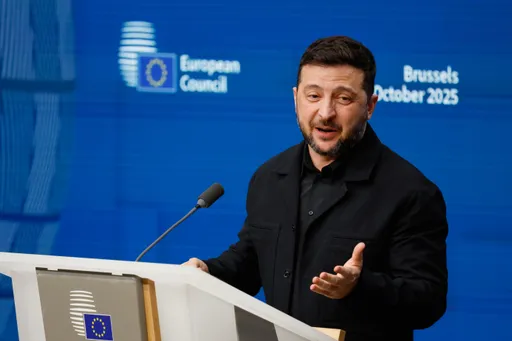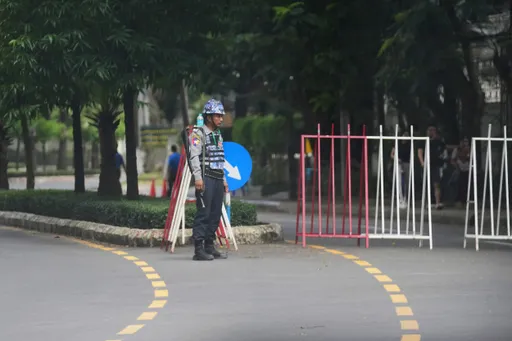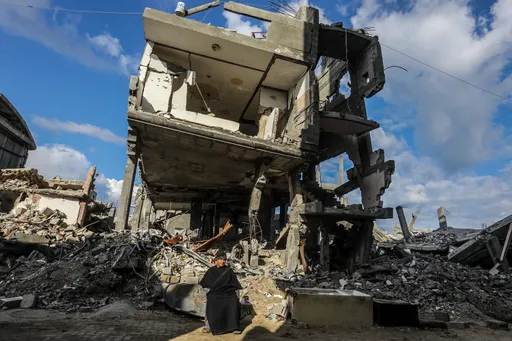The YPG, the Syrian wing of the PKK, is facing a powerful dilemma: it is stuck between Damascus and Washington following the recent Turkish Operation Peace Spring.
The PKK affiliate does not want to lose the support of the US, which reached an agreement with Turkey to clear YPG terrorists from the border areas to be designated a safe zone by Ankara and Washington.
But the YPG has also invited the Assad regime into northern Syria, where it wants to stay in some kind of political form under the protection of Damascus, an enemy of Washington.
The US and Turkey have opposed the Assad regime from the very beginning of the civil war in 2011, but they were not able to form an effective collaboration against the regime partly because of their sharp differences over the YPG’s presence in northern Syria.
Ankara has long pressured Washington to sever its relationship with the YPG, particularly due to the PKK’s three-decade terror campaign against the Turkish state, which has led to more than 40,000 deaths across the country, is recognised as a terrorist organisation by the US and Turkey.
Turkey offered its full support to the US for its anti-Daesh campaign, but to date, Washington has stuck with the YPG.
However, the YPG has also kept its relations with the Assad regime intact since the beginning of the civil war. The PKK and Damascus have a long history, going back to the 1970s. Their relations have been restored during the war in Syria.
According to TRT World’s Syrian Kurdish sources, in 2012, the regime and the PKK leadership reached an understanding and coordinated the military withdrawal of Assad’s forces from northern Syria.
Since then, there have not been any significant clashes between regime forces and the YPG, which has also developed its relations with Moscow, Assad’s primary backer. At one point, the YPG was even able to open a political office in Moscow, which does not consider the Marxist PKK and its offshoots, as terror groups.
PKK’s Syria dilemma
During the Cold War, the Soviet Union, a communist state that defended a Marxist-Leninist ideology across the globe, was “a symbol of a successful revolution against Western capitalist imperial system” for the PKK leadership, according to Ali Balci, a Turkish academic, who has worked extensively on the PKK ideology and its regional politics.
After the Cold War, Russia, the successor state to the Soviets, also kept a working relationship with the PKK, angering Turkey.
With the emergence of the Syrian civil war, the Russia-PKK relationship materialised through the YPG. During this time, Moscow has reportedly delivered weapons to the YPG in western Syria.
But the YPG has also become a political instrument for the PKK’s reach in the US— the centre of capitalism— and the Washington-led Western coalition, which was an odd choice for a communist group like the PKK.
The YPG has established partnerships with both the US and Russia. Now, after the Turkish operation, the YPG has come to a crossroads of sorts where it will have to make a choice between the two.
In Afrin, a former YPG enclave in northwestern Syria where Russia had a military presence side by side with the YPG before Turkey’s 2018 Olive Branch operation against the group, the YPG’s dilemma was obvious.
As Moscow withdrew its forces from Afrin in an agreement with Ankara, leaving the YPG to face Turkey’s army, NATO’s second-biggest military, Washington did not offer any assistance to the group.
In a few months, Turkey was able to claim the region, forcing the YPG out of Afrin.
Faced with few choices after Operation Peace Spring, the group, which has recently been advised by Moscow to start a dialogue with Damascus, signals that it could develop a political rapprochement with the Syrian regime to deal with the Turkish operation. Moscow has also previously said that it is mediating between the regime and the YPG.
But Assad has repeatedly declared that he will not accept any autonomous region under the Syrian regime control.
Therefore, the YPG’s options may be headed for a dead end.
As the group allows Syrian regime forces to enter northeastern Syria, it means the group’s military and political presence will be left to the mercy of the Assad regime.
























